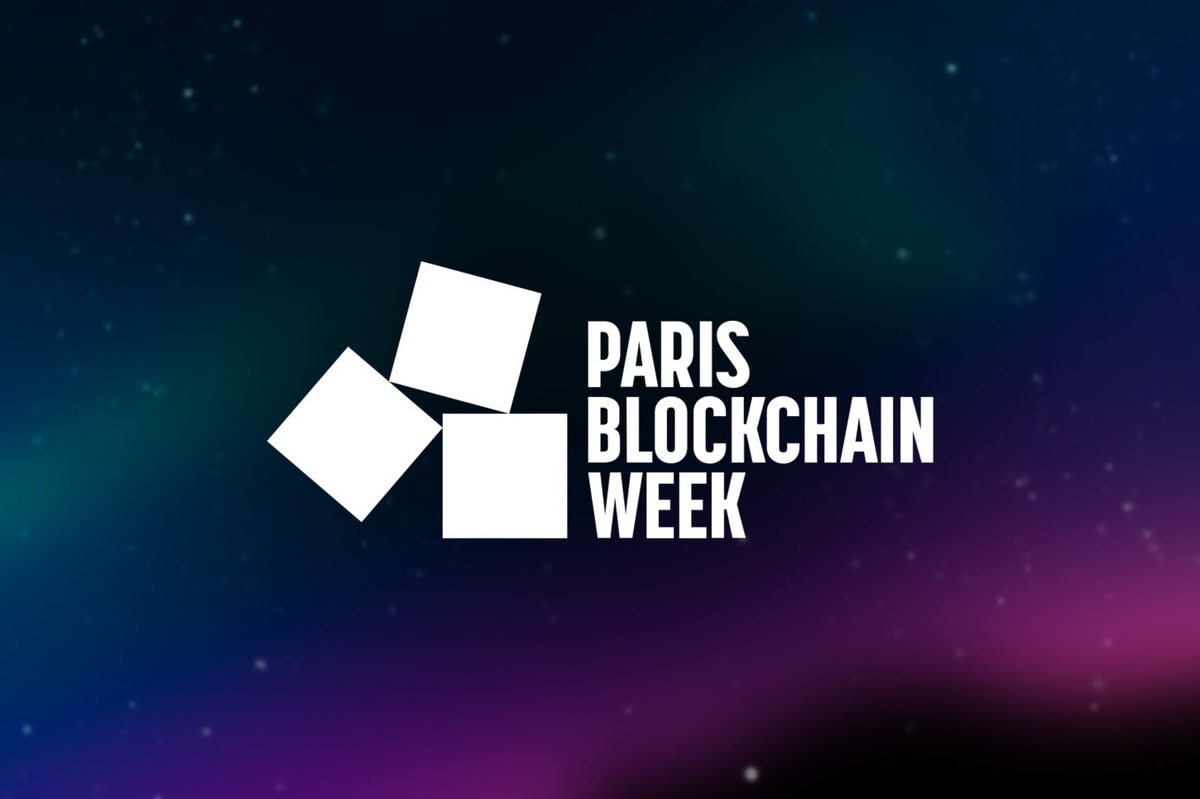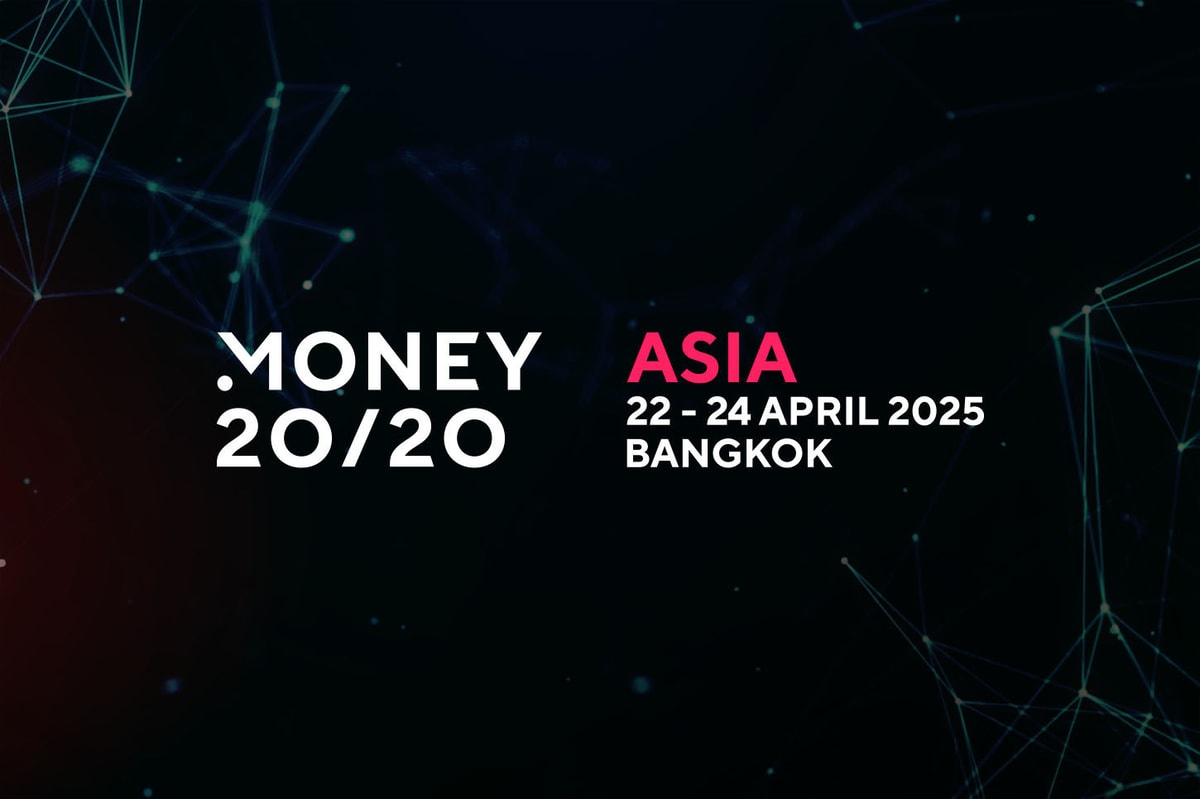The week of the World Economic Forum in Davos is not just a meeting arena for politicians, but also a venue for many side events in the four big hotels. On Jan. 19, Web3 venture capital firm Blockchain Founders Capital co-hosted the Web3 Investor Gathering at Hotel Seehof alongside reputed startups and investors from the blockchain space.
Keynote speeches and panel discussions combined to create an entertaining and inspiring blend of predictions, background information and anecdotes from the world of crypto.
When referring to 2022 with its many crypto disasters, Wolfgang Männel of Blockchain Founders Capital noted that although the worst may still be yet to come, his conversations with great founders have given him the confidence that Web3 technology will become as mainstream as the internet.
Anthony Scaramucci, the founder of hedge fund SkyBridge, explained why neither Republicans nor Democrats in the United States are interested in introducing crypto regulations that would stifle innovation and that he “couldn’t be more optimistic about blockchain.”
Yat Siu, the founder of Animoca Brands and one of the earliest investors in the nonfungible token (NFT) space, explained during a venture capital panel that China would be a major player in NFTs, with Hong Kong leading the way. Pranav Sharma from Woodstock Capital highlighted that the “success of Web3 in India is inevitable” due to the right crypto regulation and the massive interest in blockchain technology in the country. Olaf Hannemann from CV VC emphasized that the speed of innovation has never been as fast as it is today and that everyone should “buckle up.”
The panel members on blockchain gaming included Sebastien Borget of The Sandbox, who stated that although blockchain can offer interesting rewards to gamers, games need to be entertaining first, while incentives for playing are secondary. Tim Dierckxsens of Venly added that “you can’t just take a Web2 game and put it on the blockchain,” but that there was a great expectation also owing to the caliber of people coming into the gaming space, which Matt Dyer of Zilliqa described as “massive.”
A third panel, moderated by CoinDeck’s head of multimedia content and executive producer at CoinDesk, Joanne Po, discussed the points that needed to be regulated for crypto’s mass adoption. Nitin Gaur of State Street suggested that the 90-year-old framework for securities may not be the right benchmark for crypto assets. Sergej Kunz of 1inch network referred to the FTX debacle, saying, “people will always fail” if the architecture isn’t designed with full compliance in mind. Pierre Gérard of Scorechain argued that people should talk about not only anti-money laundering (AML), but also asset-liabilities management (ALM), and that regulation is needed on the protocol level. Teana Baker-Taylor of Circle clarified that the most current regulation has “no teeth, as it’s hard to supervise crypto assets.”
Sandy Carter of Unstoppable Domains, a freshly minted crypto unicorn, showed how the usability of crypto could be improved by using wallet addresses as simple as “sandy.nft” instead of lengthy wallet addresses, similar to the approach taken on the internet protocol side where all the long IP numbers are converted into .com addresses that people can easily remember.
Ravindra Kumar of Frontier, a successful Indian company providing a unified non-custodial wallet experience, looked back and explained how he was part of the group a few years ago where the term “decentralized finance” was coined. This was after the terms “open finance” and “social finance” were rejected.
The subsequent network reception extended the conversations between investors and startups for a while until the 125 participants went back out into the snowy streets of Davos to attend the next event, hopefully with as much inspiration as this event had.
Videos of the event can be found on YouTube.











